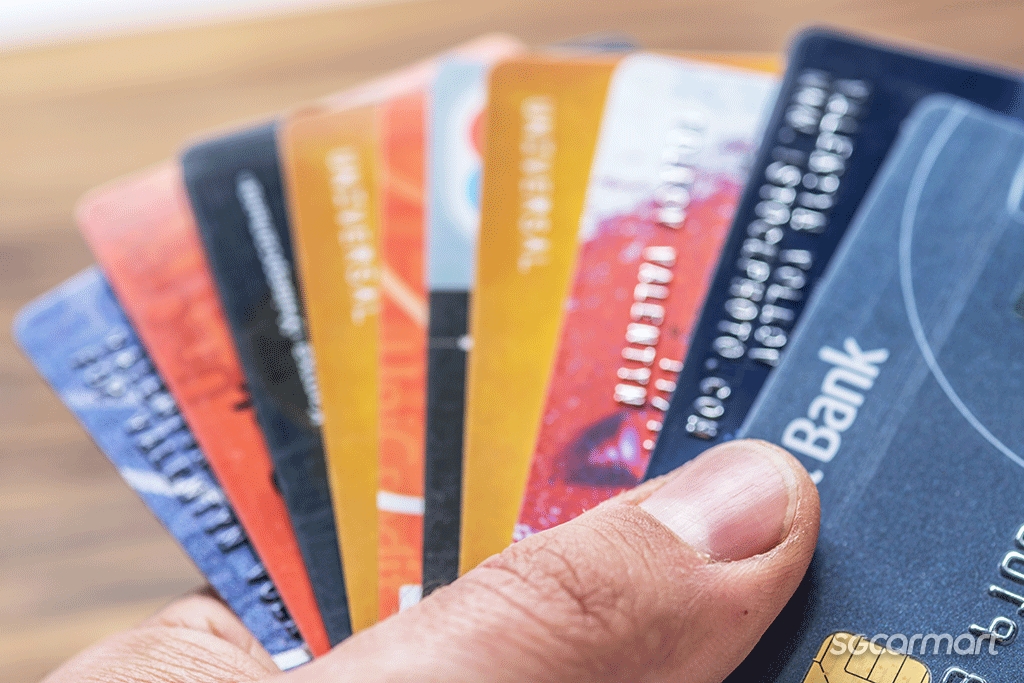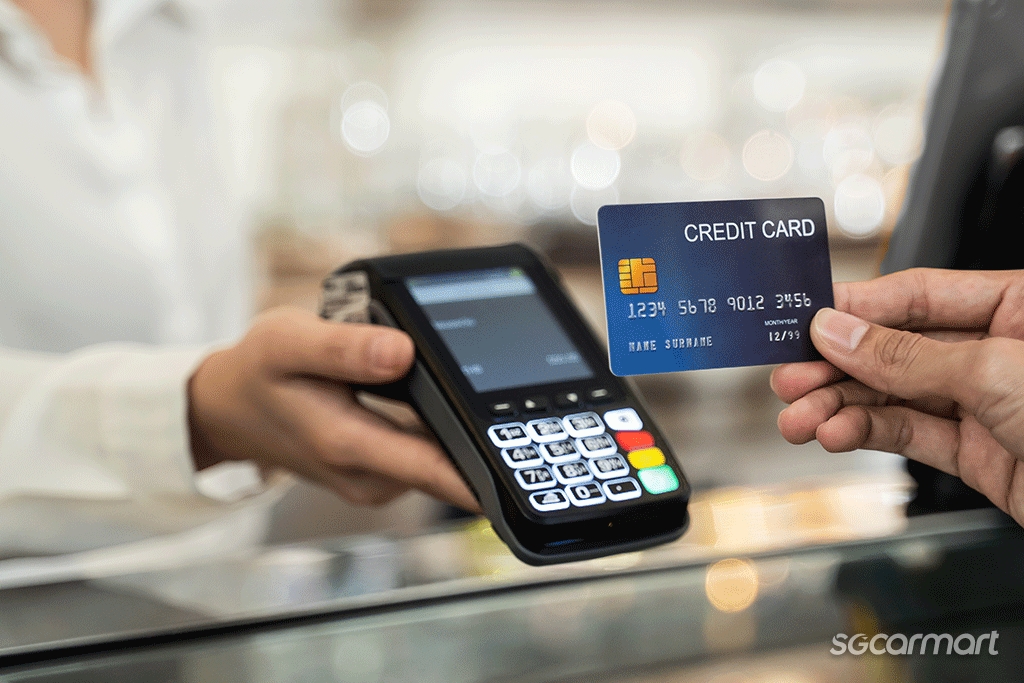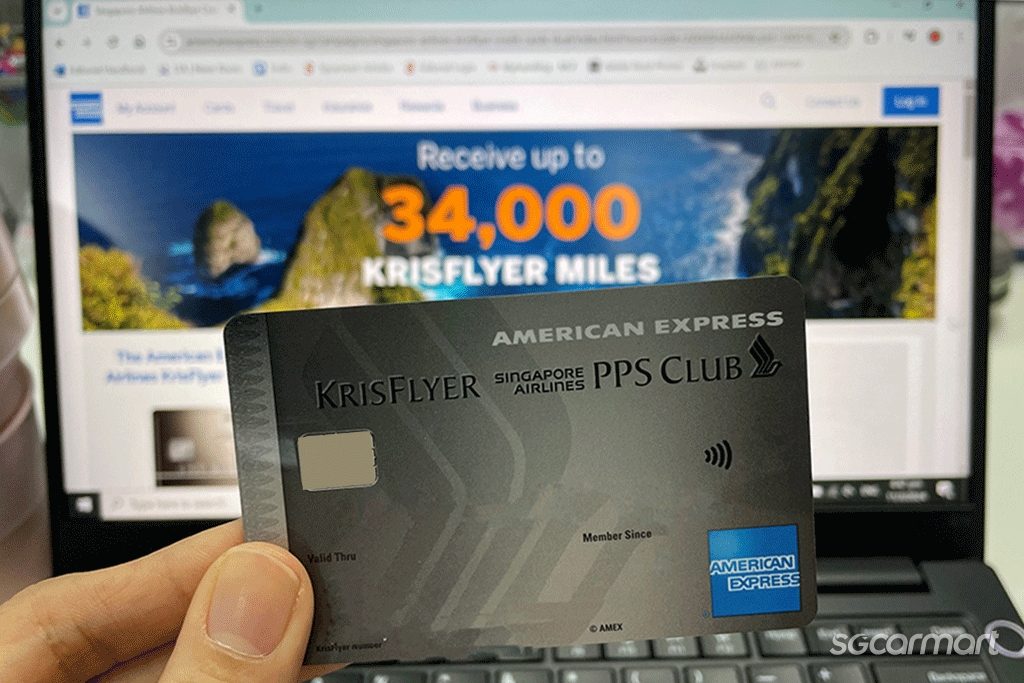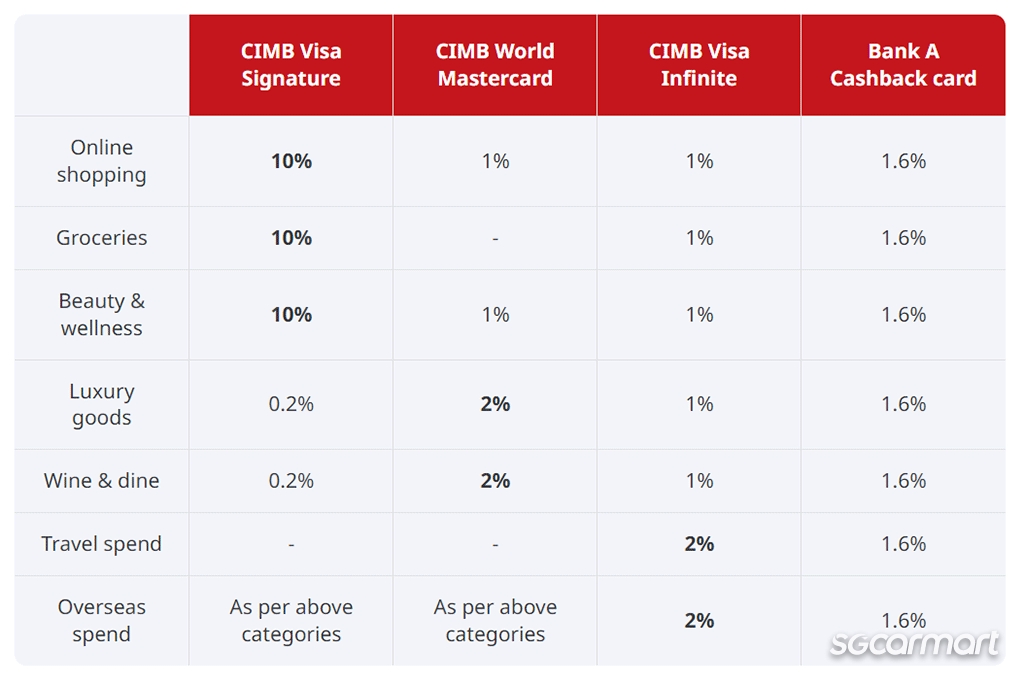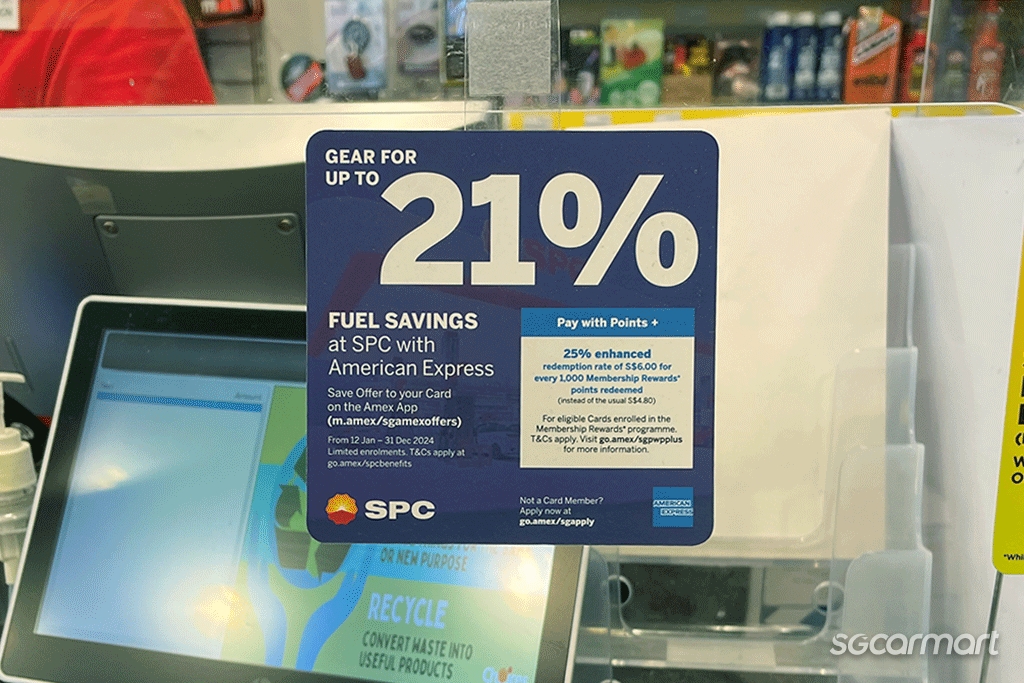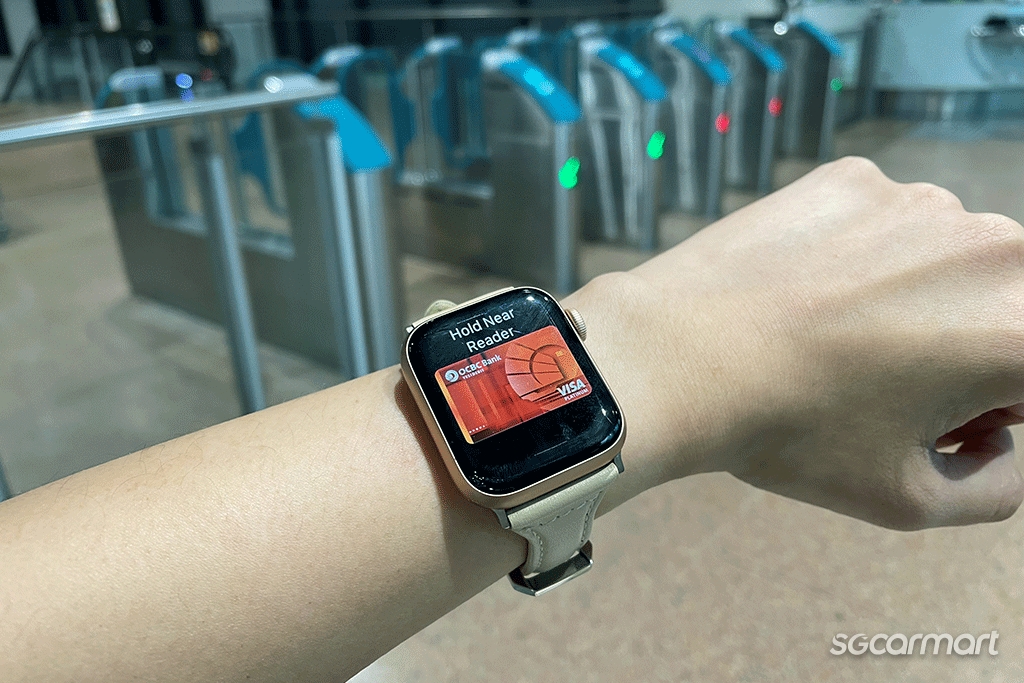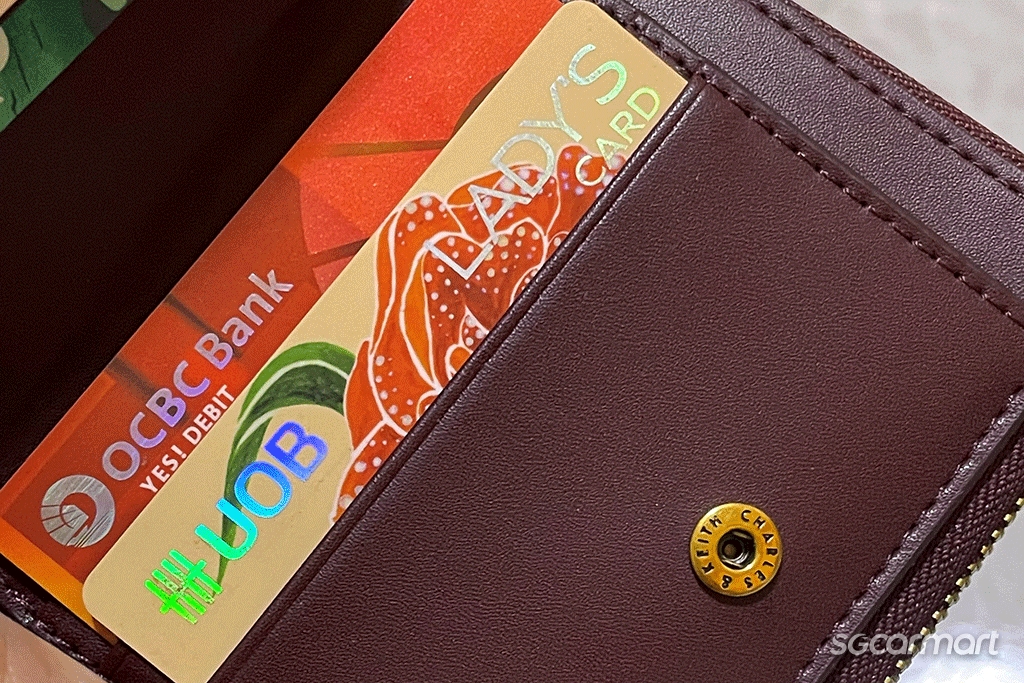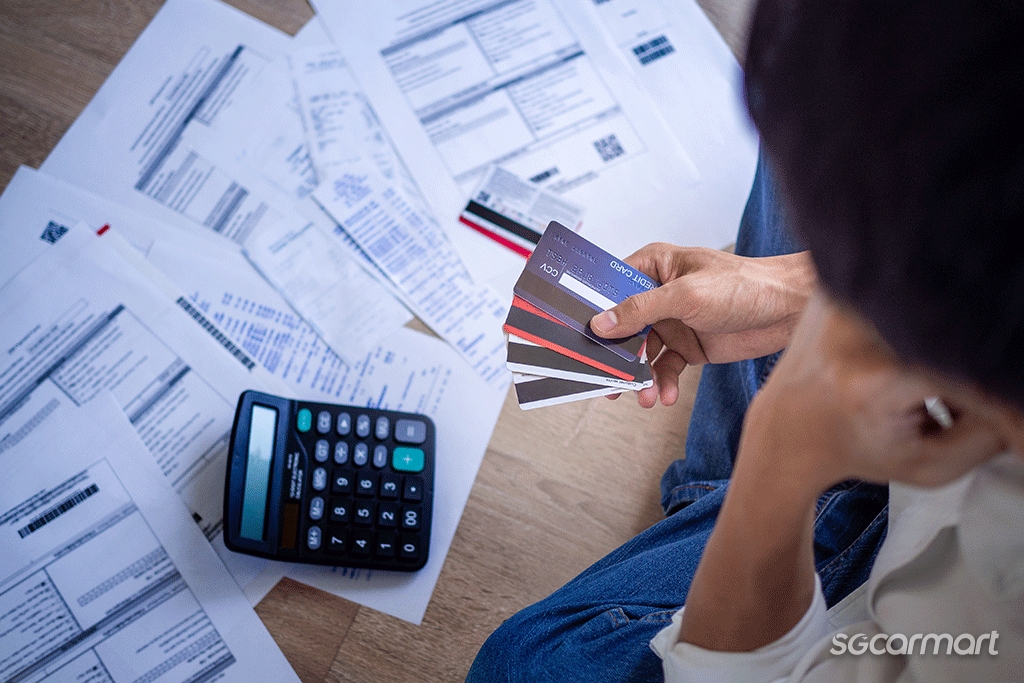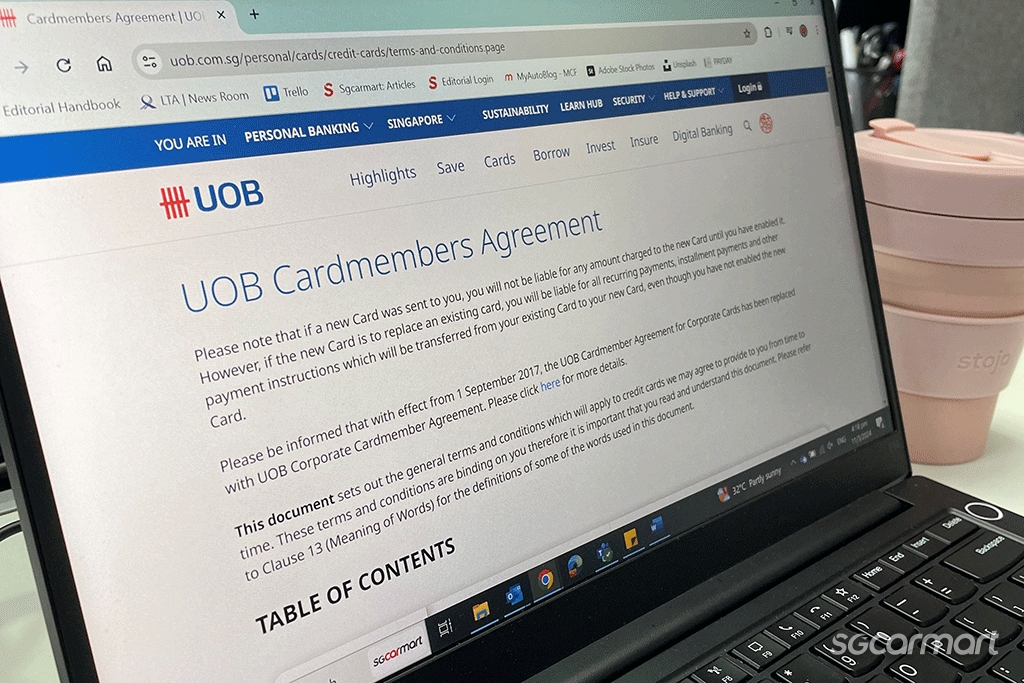Credit vs debit: Which card should I use?
13 Mar 2024|1,476 views
Part of adulting requires us to manage our finances. This entails spending our money wisely, which goes beyond merely making sure that you make the right purchasing decisions. It is also about matching your spending habits and protecting your wealth.
Having credit and debit cards are integral to managing our finances as adults, and that makes choosing the card that best suits your needs ever-more important.
Credit cards or debit cards
When deciding between credit and debit cards, it's important to match your financial goals, lifestyle needs and wants, and risk appetite with what the cards have to offer. Afterall, it's your money and you want to make sure you have the right control over it.
How much can you save?
Everyone wants to make good of their spendings. One of the surest ways to achieve this is by allowing the customer to feel they aren't spending more than they would like or need to. Cards, whether credit or debit, offer discounts and/or rewards to varying degrees to influence consumer perception, and encourage spending.
On this front, credit cards typically fare better than their debit counterparts.
Every, if not most, credit card(s) have some form of rewards system - in collaboration with merchants - that allows its users to earn points, cashback, air miles, or others for a range of redeemable benefits. These can be amassed through spendings in categories like dining, shopping, travel, etc.
The principle it works on is consumerism. By rewarding the human desire to consume goods and services, credit cards give you the illusion of making good purchases because you tend to think that you save on whatever you spend.
Debit card users, on the other hand, may be familiar with the discriminatory discounts and reward programmes given by retailers exclusively through credit cards. Some debit cards have programmes that model after the credit cards', where every dollar spent earns you points or cashback. Across the major Singaporean banks alone, we have the likes of the OCBC Yes! Debit Card, DBS Visa Debit Card, and the UOB Debit Card.
These, however, are few and far between perhaps by virtue of the fact that such cards are typically linked to a checking account. If offered at all, deals arising from the use of debit cards are usually less attractive in rates and limited to a smaller pool of merchants.
Most credit and debit cards that allow you some form of savings require a minimum spend to unlock the benefits. If you have various categories of spendings and which involve big-ticketed items, credit cards might just make it possible for you to optimise the savings on your purchases.
What's your preferred mode of travel?
No matter the preferred mode of travel, there is a card for you. The omnipresence of contactless payments has seen both credit and debit cards being widely used for transport-related purposes.
In the case of drivers, there are credit cards that will give you additional bang for your buck when you patronise petrol stations to fuel up your vehicle. This can take the form of cashback on petrol transactions and, in some instances, supplementary discounts specific to petrol stations.
The UOB One Card, Citi Cash Back Card, Standard Chartered Simply Cash Credit Card are a few examples that are well-loved by petrolheads. Depending on your usage of petrol, you might want to weigh the cards against each other to see which one makes for a better deal.
You will have heard at least once in your life of air miles credit cards: The dream 'C' for those with wanderlust or who fly frequently. The premise is that transactions charged to these cards can be converted to miles, which can in turn offset the cost of flight bookings and hotel stays, etc.
The concept of getting rewarded for public transport commutes is now also commonplace. Since the introduction of the SimplyGo technology in 2019, commuters have been able to enjoy the convenience of tapping in and out of the MRT and public buses with their contactless bank cards.
Just by linking a credit or debit card to your mobile wallet, you get to earn miles for every dollar charged. The same rewards will apply even if you pay with your physical bank card at the fare gantries. What puts the cherry on the cake is the fact that all banks - except for OCBC and Citibank - at the time of writing, award points for SimplyGo transactions.
While it's almost near impossible for public transport commutes to constitute the bulk of your earned miles, a recurring expense at high regularity could help you clock up decent mileage over time. This is especially true if your expenses are charged to a card that affords you the best returns.
Know your spending habits and get the card that lets you maximise your lifestyle.
Which is more secure?
Credit or debit, perhaps one of your most important considerations should be: Which one keeps your finances more securely protected?
With the widespread use of online payments in our increasingly digital economy, you wouldn't want to give card scams and unauthorised transactions a chance to have a go at your money.
Credit cards generally offer more extensive protection against fraudulent activities, as compared to debit cards
While each card type is equipped with features that provide different levels of protection against fraudulent activities, credit cards are typically more extensive in their coverage.
Often, reimbursements on unauthorised transactions involving credit cards are more likely as compared to debit cards. In the latter case, money 'lost' is drawn out directly from the debit account, and if coupled with limited liability protection, can complicate the recovery process.
So, before you decide to sign yourself up for a card, familiarise yourself with the fraud protection policies of your chosen financial institution. It's also good practice to understand the associated liability limitations of your debit or credit card.
Which card should I use?
While debit and credit cards each have their merits and demerits, I'd like to think that not all cards are created equal. And that's because the card you choose to use should ultimately be based on your financial goals, spending patterns, financial discipline, and risk appetite.
Weigh your options using these three simple questions and you should know which card best suits your needs at any one point in time. Whether its earning maximum cashback, getting more perks or discounts on your preferred mode of transport, there's surely the right card (or cards) for you.
Part of adulting requires us to manage our finances. This entails spending our money wisely, which goes beyond merely making sure that you make the right purchasing decisions. It is also about matching your spending habits and protecting your wealth.
Having credit and debit cards are integral to managing our finances as adults, and that makes choosing the card that best suits your needs ever-more important.
Credit cards or debit cards
When deciding between credit and debit cards, it's important to match your financial goals, lifestyle needs and wants, and risk appetite with what the cards have to offer. Afterall, it's your money and you want to make sure you have the right control over it.
How much can you save?
Everyone wants to make good of their spendings. One of the surest ways to achieve this is by allowing the customer to feel they aren't spending more than they would like or need to. Cards, whether credit or debit, offer discounts and/or rewards to varying degrees to influence consumer perception, and encourage spending.
On this front, credit cards typically fare better than their debit counterparts.
Every, if not most, credit card(s) have some form of rewards system - in collaboration with merchants - that allows its users to earn points, cashback, air miles, or others for a range of redeemable benefits. These can be amassed through spendings in categories like dining, shopping, travel, etc.
The principle it works on is consumerism. By rewarding the human desire to consume goods and services, credit cards give you the illusion of making good purchases because you tend to think that you save on whatever you spend.
Debit card users, on the other hand, may be familiar with the discriminatory discounts and reward programmes given by retailers exclusively through credit cards. Some debit cards have programmes that model after the credit cards', where every dollar spent earns you points or cashback. Across the major Singaporean banks alone, we have the likes of the OCBC Yes! Debit Card, DBS Visa Debit Card, and the UOB Debit Card.
These, however, are few and far between perhaps by virtue of the fact that such cards are typically linked to a checking account. If offered at all, deals arising from the use of debit cards are usually less attractive in rates and limited to a smaller pool of merchants.
Most credit and debit cards that allow you some form of savings require a minimum spend to unlock the benefits. If you have various categories of spendings and which involve big-ticketed items, credit cards might just make it possible for you to optimise the savings on your purchases.
What's your preferred mode of travel?
No matter the preferred mode of travel, there is a card for you. The omnipresence of contactless payments has seen both credit and debit cards being widely used for transport-related purposes.
In the case of drivers, there are credit cards that will give you additional bang for your buck when you patronise petrol stations to fuel up your vehicle. This can take the form of cashback on petrol transactions and, in some instances, supplementary discounts specific to petrol stations.
The UOB One Card, Citi Cash Back Card, Standard Chartered Simply Cash Credit Card are a few examples that are well-loved by petrolheads. Depending on your usage of petrol, you might want to weigh the cards against each other to see which one makes for a better deal.
You will have heard at least once in your life of air miles credit cards: The dream 'C' for those with wanderlust or who fly frequently. The premise is that transactions charged to these cards can be converted to miles, which can in turn offset the cost of flight bookings and hotel stays, etc.
The concept of getting rewarded for public transport commutes is now also commonplace. Since the introduction of the SimplyGo technology in 2019, commuters have been able to enjoy the convenience of tapping in and out of the MRT and public buses with their contactless bank cards.
Just by linking a credit or debit card to your mobile wallet, you get to earn miles for every dollar charged. The same rewards will apply even if you pay with your physical bank card at the fare gantries. What puts the cherry on the cake is the fact that all banks - except for OCBC and Citibank - at the time of writing, award points for SimplyGo transactions.
While it's almost near impossible for public transport commutes to constitute the bulk of your earned miles, a recurring expense at high regularity could help you clock up decent mileage over time. This is especially true if your expenses are charged to a card that affords you the best returns.
Know your spending habits and get the card that lets you maximise your lifestyle.
Which is more secure?
Credit or debit, perhaps one of your most important considerations should be: Which one keeps your finances more securely protected?
With the widespread use of online payments in our increasingly digital economy, you wouldn't want to give card scams and unauthorised transactions a chance to have a go at your money.
Credit cards generally offer more extensive protection against fraudulent activities, as compared to debit cards
While each card type is equipped with features that provide different levels of protection against fraudulent activities, credit cards are typically more extensive in their coverage.
Often, reimbursements on unauthorised transactions involving credit cards are more likely as compared to debit cards. In the latter case, money 'lost' is drawn out directly from the debit account, and if coupled with limited liability protection, can complicate the recovery process.
So, before you decide to sign yourself up for a card, familiarise yourself with the fraud protection policies of your chosen financial institution. It's also good practice to understand the associated liability limitations of your debit or credit card.
Which card should I use?
While debit and credit cards each have their merits and demerits, I'd like to think that not all cards are created equal. And that's because the card you choose to use should ultimately be based on your financial goals, spending patterns, financial discipline, and risk appetite.
Weigh your options using these three simple questions and you should know which card best suits your needs at any one point in time. Whether its earning maximum cashback, getting more perks or discounts on your preferred mode of transport, there's surely the right card (or cards) for you.
Thank You For Your Subscription.












